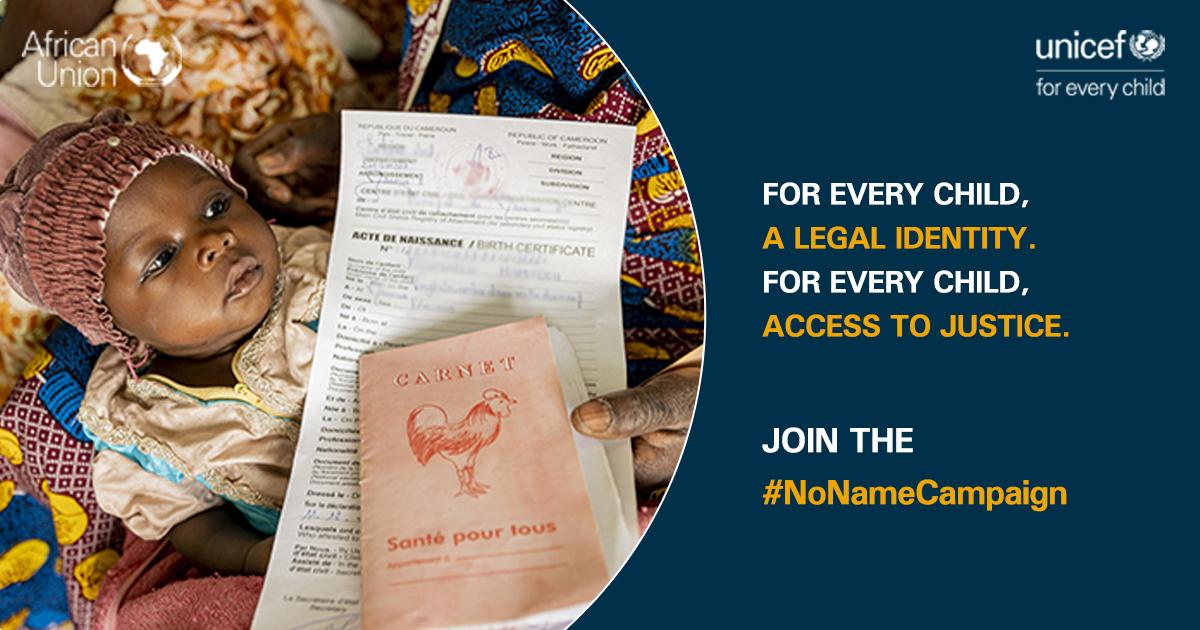Department Resources
AFRICAN UNION CONFERENCE ON DEBT
LOME, TOGO
12th to 14th May 2025
The African Union Commission (AUC) envisions “an integrated continent that is politically united based on the ideals of Pan Africanism an
Highlights of the cooperation with the GIZ-project “Support to the African Union on Migration and Displacement”
Violent extremism is a global issue.
Agenda 2063 is Africa’s development blueprint to achieve inclusive and sustainable socio-economic development over a 50-year period.
We, Heads of State and Government of Member States of the African Union, guided by the principles of Agenda 2063 and sustainable developm
WE, the Heads of State and Government of the African Union Member States (Full List of Attending Heads of State and Government), gathered










